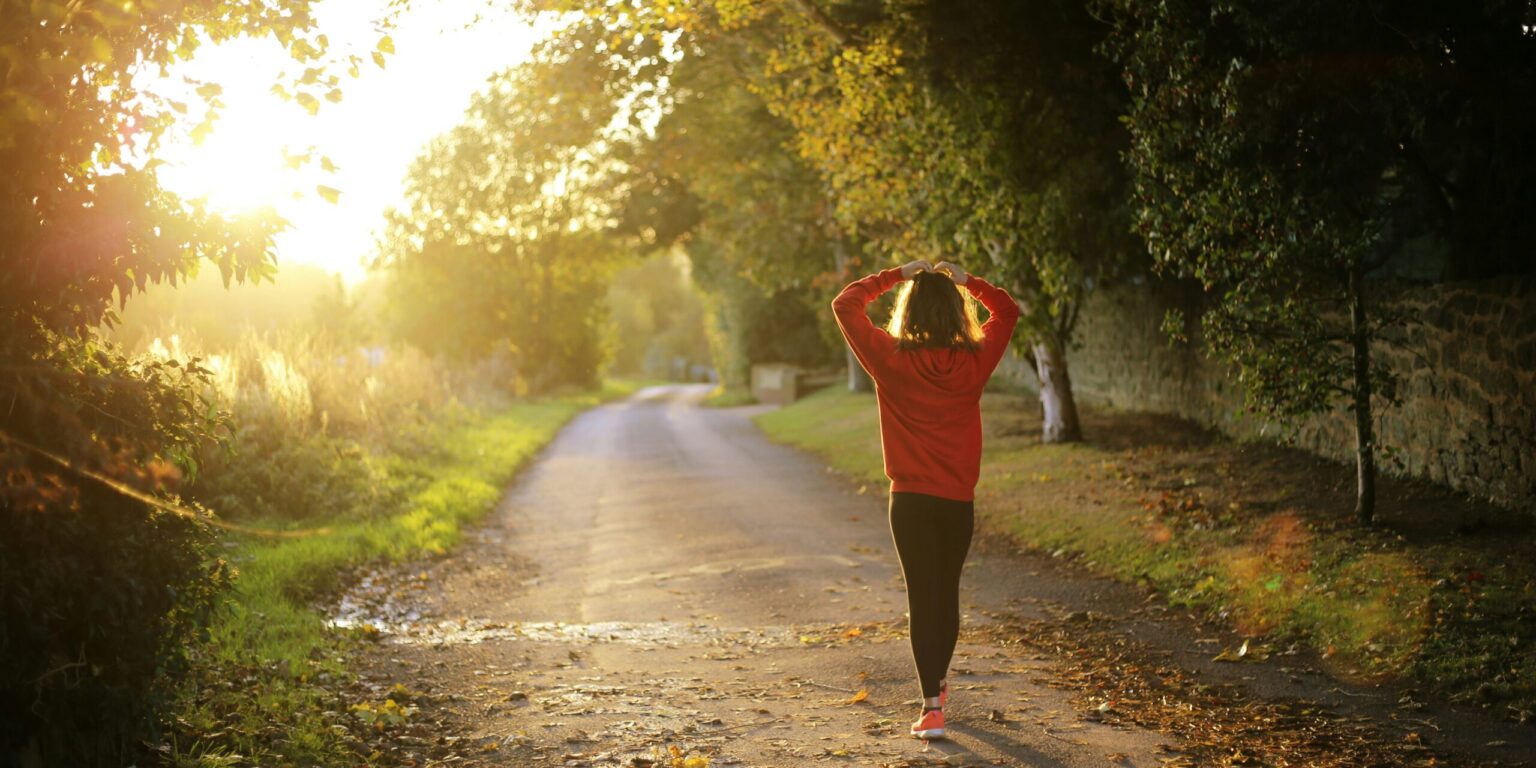A recent study conducted by researchers at Johns Hopkins University reveals that a simple daily routine—taking a 30‑minute walk each morning—can significantly uplift mood, sharpen cognitive clarity, and improve performance at work. Participants who engaged in this habit reported a 20% drop in stress and a 15% boost in task completion rates. Experts attribute these benefits to fresh air, light exposure, and the activation of bodily systems that support mental well‑being.
Beginning the day with a walk outdoors promotes exposure to daylight, which helps regulate the body’s internal clock. This light exposure suppresses melatonin, promotes serotonin, and aligns one’s circadian rhythm—yielding better sleep and more energy in the morning. Additionally, aiding the transition away from the morning cortisol spike can make one feel more relaxed and less stressed throughout the day.
Moving briskly for half an hour in the morning triggers the release of endorphins, dopamine, and serotonin—key neurotransmitters linked to happiness and stress reduction. A Johns Hopkins study tracking real-time activity showed that increased motor activity was followed by noticeable improvements in mood and energy levels. These biochemical shifts can significantly reduce anxiety and depression, setting a positive tone for the remainder of the day.
Walking initiates a flow of oxygen-rich blood to the brain, which supports vital cognitive processes such as concentration, decision-making, and memory. Studies show just 20–30 minutes of aerobic activity can enhance reaction time and executive function across all age groups. Another large-scale analysis found the mental boost from moderate-to-vigorous activity may last up to 24 hours, benefiting working and episodic memory well into the next day. In the context of the Johns Hopkins results, this explains how walkers saw improved clarity and more efficient task performance.
Read Also: https://womensinsider.com/world-listening-day-the-key-to-stronger-bonds/
Walking isn’t just cardio—it also activates the lymphatic system, which clears waste and reduces oxidative stress in the brain. Lowering oxidative stress helps diminish the “brain fog” many feel at the start of the day. Meanwhile, physical exertion contributes to lower cortisol levels, which is directly tied to reduced stress and higher emotional resilience.
A growing body of evidence from institutions like Oxford shows that regular walking—especially when paired with social interaction—can slow cognitive decline and enhance memory over years. The Johns Hopkins study itself linked consistent morning activity with an ongoing rise in mood and energy across the day. Workers who began their day with this routine reported a 15% rise in task completion compared to those who remained sedentary—arguably caused by mental clarity, motivation, and reduced stress.
Scheduling the walk early in the morning, ideally between 6 a.m. and 9 a.m., can ensure consistency. Setting a brisk but comfortable pace allows for both cardiovascular and cognitive benefits. Choosing routes that include natural surroundings like parks can enhance the mood-boosting effects. Walking with a friend or coworker can provide added mental stimulation and motivation. Above all, consistency is key—most cognitive studies show the most lasting benefits appear after several months of regular morning walks.
Johns Hopkins’ new study affirms what many wellness experts have long believed: a straightforward 30‑minute morning walk is a powerful and accessible method for enhancing mood, reducing stress, and boosting productivity. The combination of natural light, physical movement, and biochemical responses creates a cascade of benefits—improved clarity, emotional resilience, and sustained energy. As Harvard Health notes, such activity is linked to better sleep, lower anxiety and depression, and sharper thinking.
For employees and employers alike, embracing this habit could lead to happier, healthier, and more efficient days—proving it truly is one of the simplest and most impactful ways to start the day right.
